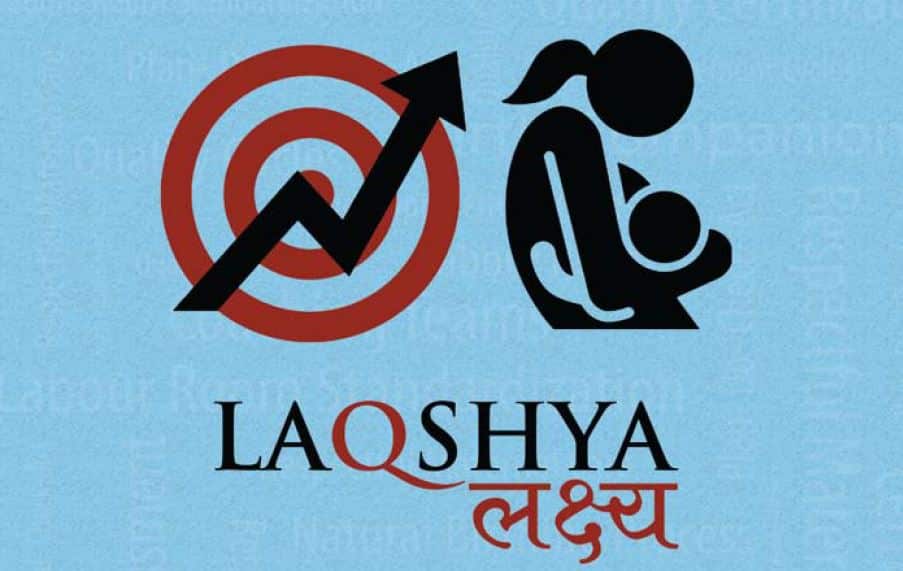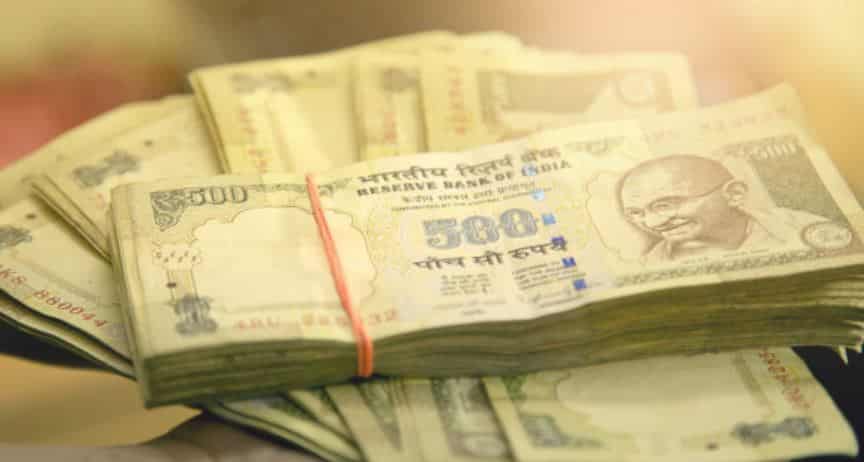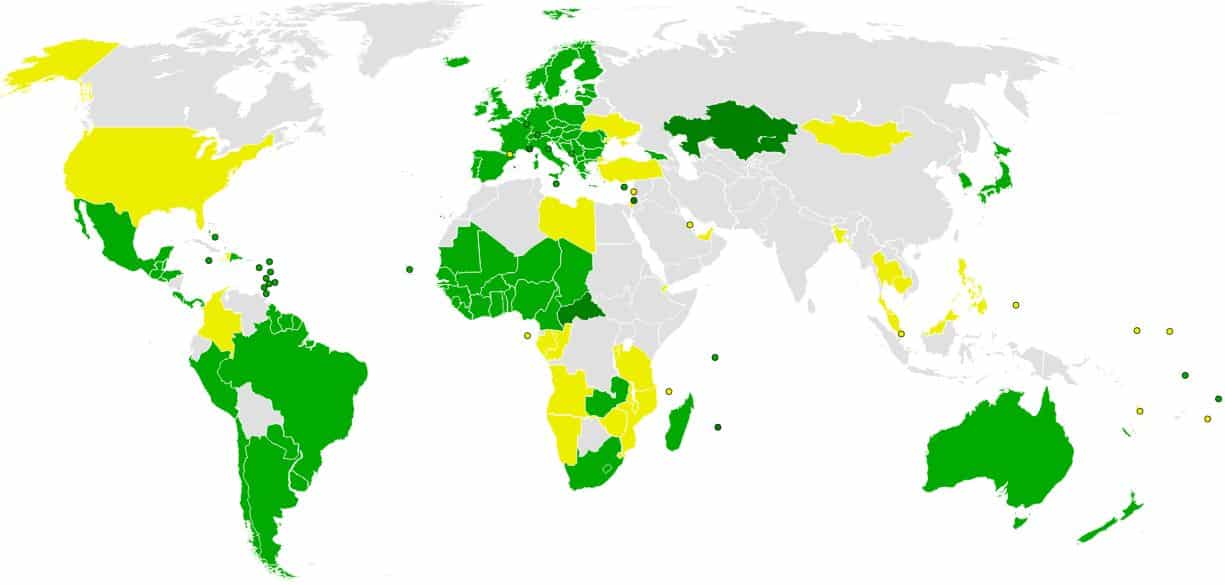None of the above (NOTA) Vote & its Significance? | UPSC – IAS
It was introduced in India following the 2013 Supreme Court directive. It is an option the voting machine, designed to allow voters to disapprove all the candidates while delivering their vote. However,
- NOTA in India does not provide for a ‘right to reject’. The candidate with the maximum votes wins the election irrespective of the number of NOTA votes polled.
- The NOTA votes have not been accounted while calculating votes polled by candidates for making them eligible (1/6th of valid votes) for getting back their security deposits.
- An Association of Democratic Reforms analysis says that since 2013 till March 2018, NOTA has secured a total of 1.33 crores votes from all assemblies and Lok Sabha polls combined.
- Election Commission currently has no plenary power to call a fresh election even if NOTA secures highest votes.
- To give greater sanctity to NOTA and even order a fresh election, Rule 64 of Conduct of Election Rules will have to be amended and can be done by the law ministry. It will not require Parliament sanction
Significance of re-elections in India
- Freedom of expression: NOTA emanates from our fundamental right of ‘Right to liberty’ and ‘Freedom of Expression’ as it gives a way for the voter to register her consent or discontent for candidates chosen by the political parties.
- Advantage for democracy: Participation of people is one of the crucial pillars of democracy thus in exercising the NOTA the voter is participating in the electoral process while not abstaining from voting altogether.
- Improvement of democracy: There is an opaqueness in the selection process of the candidates chosen for representing a political party, with nepotism, favoritism and money power being the driving force. It gives voters an opportunity to express their dissent and may also force parties to field better candidates known for their integrity.
Challenges of conducting fresh election in India
- Increase of Financial Pressure: Fresh elections lead to massive expenditures by Government as it has to conduct re-election which put extra pressure on the public exchequer.
- Disruption of democracy: It leads to frequent elections which results in disruption of normal public life and impact the functioning of essential services.
- Administrative pressure: Election Commission of India has to take help of a significant number of polling officials as well as armed forces to ensure smooth, peaceful and impartial polls.
- Governance: Conducting fresh election impacts development programs and governance due to imposition of Model Code of Conduct by the Election Commission.











